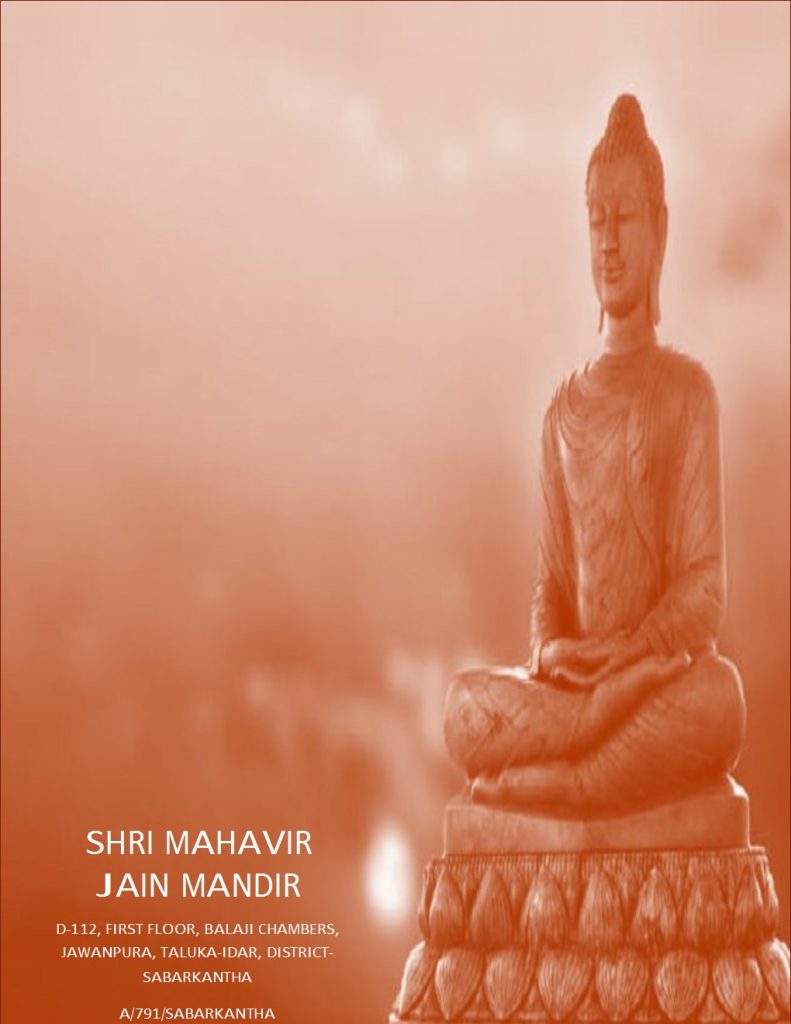Jains trust in resurrection and try to accomplish extreme freedom – and that implies getting away from the ceaseless pattern of birth, passing and resurrection so the eternal soul lives perpetually in a condition of delight. Freedom is accomplished by wiping out all karma from the spirit. Jainism is a religion of self improvement
Jains trust that creatures and plants, as well as people, contain living spirits. Every one of these spirits is considered of equivalent worth and ought to be treated with deference and sympathy.
Jains are severe veggie lovers and live in a manner that limits their utilization of the world’s assets.
Jains trust in resurrection and try to accomplish extreme freedom – and that implies getting away from the ceaseless pattern of birth, passing and resurrection so the eternal soul lives perpetually in a condition of delight.
Freedom is accomplished by disposing of all karma from the spirit.
Jainism is a religion of self improvement.
There are no divine beings or profound creatures that will help individuals.
The three core values of Jainism, the ‘three gems’, are correct conviction, right information and right direct.
The incomparable rule of Jain living is peacefulness (ahimsa).
This is one of the 5 mahavratas (the 5 extraordinary commitments). The other mahavratas are non-
Connection to assets, not lying, not taking, and sexual restriction (with chastity as the ideal).
Mahavira is viewed as the one who gave Jainism its present-day structure.
The texts containing the lessons of Mahavira are known as the Agamas.
Jains are separated into two significant organizations; the Digambara (signifying “sky clad”) faction and the Svetambara (signifying “white clad”) order.
Jainism has no priests. Its capable severe people are clerics and nuns, who lead extreme and stark lives.Jainism is anold religion from India that instructs that the way to freedom and rapture is to carry on with lives of innocuousness and renunciation.


